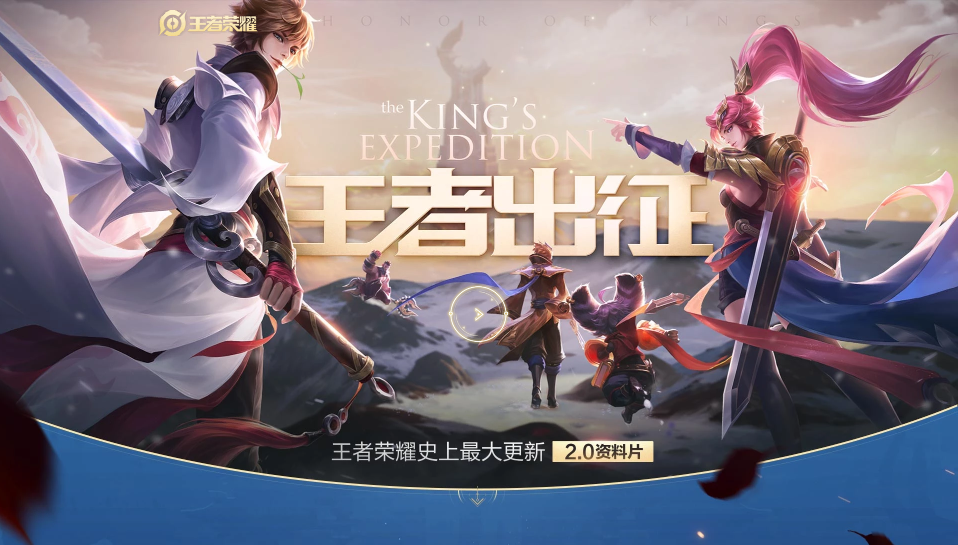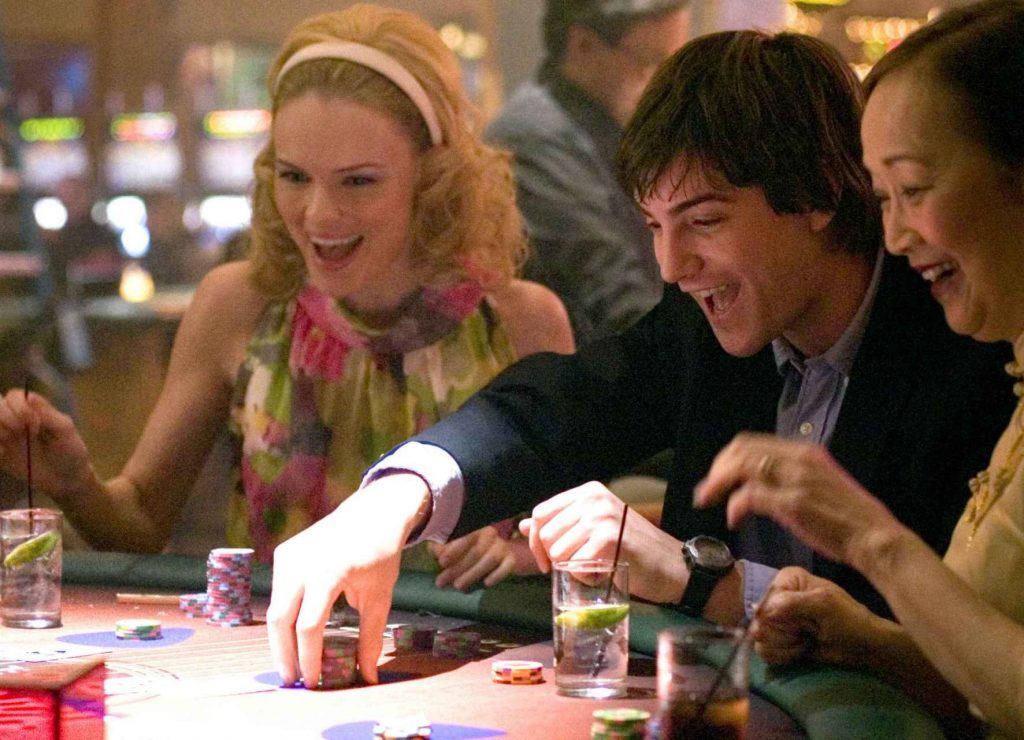
Screenshot of the expansion pack on Tencent Games’ official website (Image Credit: Tony Xu / TechNode)
Tencent’s hit mobile title “Honour of Kings” brought in approximately RMB 7 billion (just over $1 billion) in February, according to a research report from Japanese investment bank Nomura.
The report attributed the surge in revenue to a major expansion pack that was launched on Jan. 17, the largest one the game has received since its release in 2015. The daily average user (DAU) and download volume of “Honour of Kings” spiked after the release of the expansion pack, the report shows.
Dubbed “Version 2.0,” the pack includes significant graphic improvements and a good amount of fresh content. Tencent said it spent more than 88,000 hours on model updates and remastered a total of 105 heroes and skins.
The strong seasonality around Chinese New Year, as well less competition from quality, new titles due to an eight-month freeze on new game licenses in 2018, are two other factors that contributed to the strong gross billing of “Honour of Kings” in February, the report says.
In January, “Honour of Kings” pulled in an estimated RMB 3 billion, prior to which it usually generated a monthly gross billing of around RMB 2 billion.
Known as “Arena of Valor” in overseas markets, “Honour of Kings” is the most popular mobile game in China with 53.8 million DAUs in the fourth quarter of 2018, according to statistics from data analytics company Jiguang. This number is close to four times the DAUs of Tencent’s other hit mobile game, “PlayerUnknown’s Battlegrounds mobile” (“PUBG mobile”), during the same period.
Tencent is still waiting for approval to monetize several major titles that it distributes in China, including global hit “Fortnite,” “PUBG,” and “PUBG mobile,” but the company has on Wednesday published another heavyweight title, “Perfect World mobile,” which it also can’t monetize in the short term.
This is because China’s top content regulator, the State Administration of Press, Publication, Radio, Film, and Television (SAPPRFT), requested a pause in late February on game monetization approvals, which came just three months after the process resumed after the eight-month hiatus. The pause is intended to give the regulator time to clear the backlog of games that built up.






